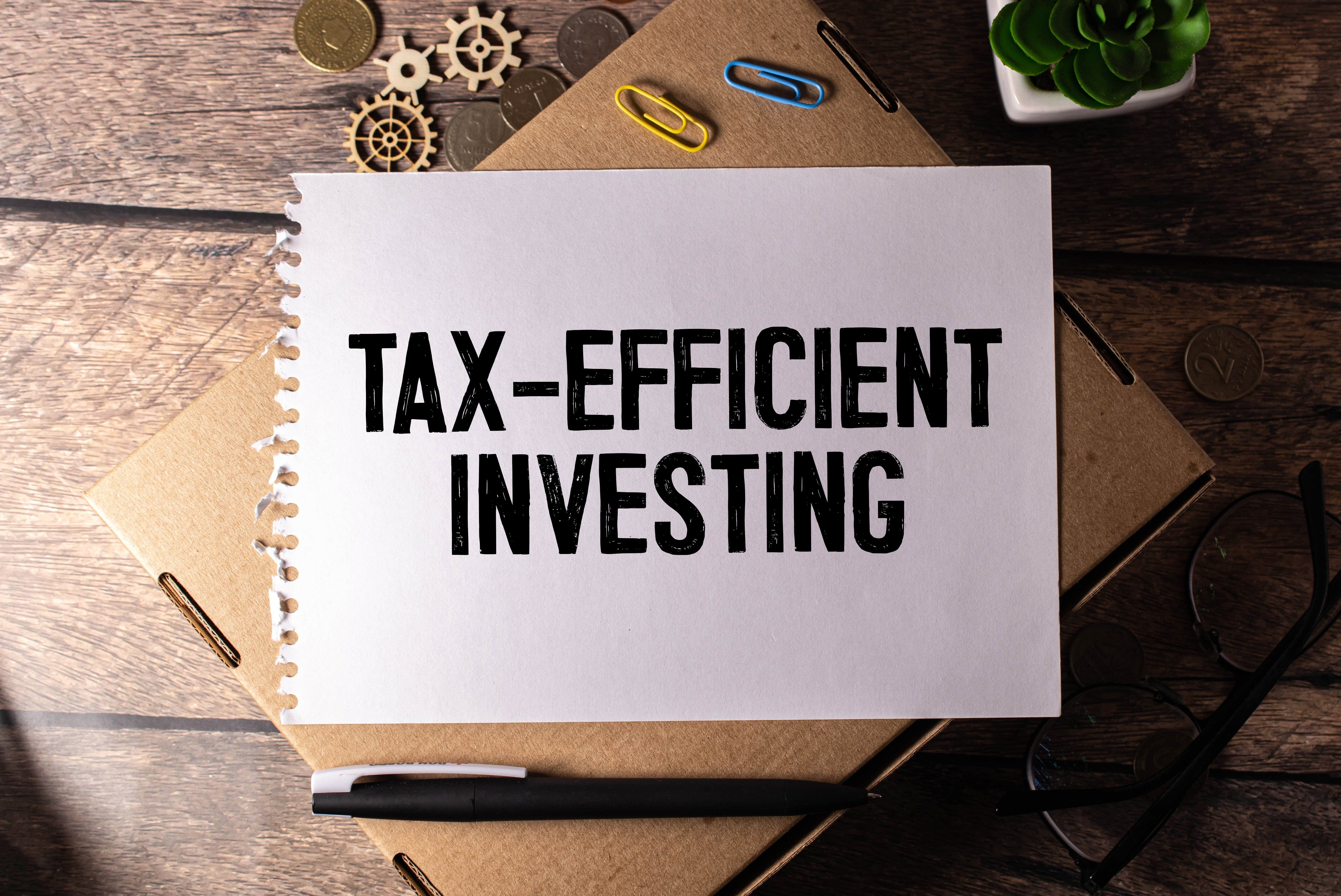Understanding the Basics: What Are 529 Plans and Roth IRAs?
529 plans and Roth IRAs are both powerful tools for financial planning, but they serve different purposes. A 529 plan is a tax-advantaged savings plan designed to encourage saving for future education costs. They are sponsored by states, state agencies, or educational institutions and offer tax-free growth and tax-free withdrawals for qualified education expenses.
On the other hand, a Roth IRA is an individual retirement account that allows your money to grow tax-free. Contributions to a Roth IRA are made with after-tax dollars, meaning you won't get a tax deduction on the contributions, but qualified withdrawals during retirement are tax-free. Understanding these basics is crucial before considering a conversion between the two.
Why Convert a 529 Plan to a Roth IRA?
There are several reasons to consider converting a 529 plan to a Roth IRA. If the beneficiary of the 529 plan doesn't use the funds for educational purposes, you may face penalties and taxes on the earnings when withdrawn. Converting to a Roth IRA allows you to avoid these penalties and continue to enjoy tax-free growth.
Additionally, by converting unused 529 plan funds to a Roth IRA, you can repurpose the funds to support your retirement savings. This can be helpful if you are looking for ways to maximize your retirement income.
Conversion Eligibility and Requirements
Before converting a 529 plan to a Roth IRA, it's important to understand the eligibility and requirements involved.
Key requirements include the age of the beneficiary, the duration the 529 plan has been in existence, and the annual conversion limits set by the IRS. It's advisable to consult with a financial advisor to ensure you meet all the necessary requirements and to understand the tax implications of the conversion.
Maximizing Benefits: Tips and Best Practices
To maximize the benefits of converting a 529 plan to a Roth IRA, consider these tips and best practices. Start by planning the timing of your conversion to align with your broader financial goals. Converting in years when your income is lower can help minimize the tax impact.
Additionally, stay informed about changes in tax laws and IRS regulations that may affect your conversion strategy. Regularly review your retirement savings plan to ensure that the converted funds are being invested wisely and continue to grow tax-free.
For details on converting a 529 plan to a Roth IRA, contact your NorthCoast advisor. Our client service team is ready to connect you directly to your advisor if you need assistance.
NorthCoast Asset Management is a d/b/a of, and investment advisory services are offered through, Kovitz Investment Group Partners, LLC (Kovitz), an investment adviser registered with the United States Securities and Exchange Commission (SEC). Registration with the SEC or any state securities authority does not imply a certain level of skill or training. More information about Kovitz can be found at www.kovitz.com.
NorthCoast and its affiliates do not provide tax, legal or accounting advice. This material has been prepared for informational purposes only, and is not intended to provide, and should not be relied on for, tax, legal or accounting advice. You should consult your own tax, legal and accounting advisors before engaging in any transaction.
The information contained herein has been prepared by NorthCoast Asset Management ("NorthCoast") on the basis of publicly available information, internally developed data and other third party sources believed to be reliable. NorthCoast has not sought to independently verify information obtained from public and third party sources and makes no representations or warranties as to accuracy, completeness or reliability of such information. All opinions and views constitute judgments as of the date of writing without regard to the date on which the reader may receive or access the information, and are subject to change at any time without notice and with no obligation to update. This material is for informational and illustrative purposes only and is intended solely for the information of those to whom it is distributed by NorthCoast. No part of this material may be reproduced or retransmitted in any manner without the prior written permission of NorthCoast. NorthCoast does not represent, warrant or guarantee that this information is suitable for any investment purpose and it should not be used as a basis for investment decisions. © 2024 NorthCoast Asset Management.
PAST PERFORMANCE DOES NOT GUARANTEE OR INDICATE FUTURE RESULTS.
This material should not be viewed as a current or past recommendation or a solicitation of an offer to buy or sell any securities or investment products or to adopt any investment strategy. The reader should not assume that any investments in companies, securities, sectors, strategies and/or markets identified or described herein were or will be profitable and no representation is made that any investor will or is likely to achieve results comparable to those shown or will make any profit or will be able to avoid incurring substantial losses. Performance differences for certain investors may occur due to various factors, including timing of investment. Investment return will fluctuate and may be volatile, especially over short time horizons.
INVESTING ENTAILS RISKS, INCLUDING POSSIBLE LOSS OF SOME OR ALL OF THE INVESTOR'S PRINCIPAL.
The investment views and market opinions/analyses expressed herein may not reflect those of NorthCoast as a whole and different views may be expressed based on different investment styles, objectives, views or philosophies. To the extent that these materials contain statements about the future, such statements are forward looking and subject to a number of risks and uncertainties.



-1-1.jpg)


